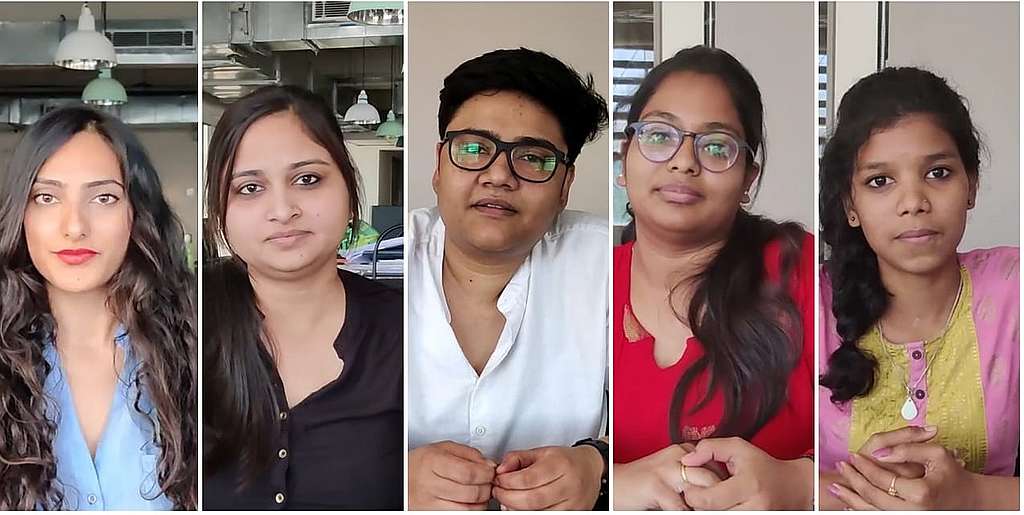2021 marks the 110th anniversary of International Women’s Day. Started as part of the labour movement in Germany, Clara Zetkin, co-founder of the International Socialist Women’s Congress, proposed that Women’s Day be celebrated in all countries on February 28. Two years later, in 1913 the date was changed to March 8 and continues to be celebrated to date.
But why do we need women’s day? The questions often thrown at us are, ‘How does celebrating one gender signify equality?’, ‘Why isn’t there equal hype about Men’s day?’, ‘Men face harassment too you know!’. Let us start off by saying it is not a competition. The special need for celebration of women and their achievements stems from the fact that over generations the gender has been consistently discriminated against. Be it in religious texts or constitutions in the 21st century, women are fighting to justify their right to equal space. When we celebrate someone or something, it is because they have achieved something extraordinary. So when in 2019 India got its first woman combat pilot, 71 years after achieving independence, it calls for celebration.
Now that we dealt with the ‘Why should women be celebrated’ question, let us get to ‘How does it signify equality?’. Well, it doesn’t. The need for celebration of Women’s Day stems from inequality. Here are some statistics from the United Nations Women.
- Women make up for more than two thirds of the world’s 796 million illiterate people.In India, with the pandemic forcing virtual education, the digital divide between boys and girls (read accessibility to mobile phones or other devices) could lead to a 20% increase in girl dropout rates.
- Less than 20% of the world’s landholders are women. In India, according to a 2013 Oxfam report, 80% of the land work is done by the women labour force. But only 13% of these women have property rights.
- It is estimated that 60% of the world’s chronically hungry people are women and girls.
- Women are also largely engaged in domestic work or other forms of unpaid labour. According to WEP, 66% of the work done by an average Indian woman is unaccounted for and hence unpaid.
Now coming to the ‘Men are also harassed you know’ counterpoint. Yes, men are also harassed. Yes, men need stronger laws. Yes, the society needs to be more sensitised to the problems faced by men. But this cannot be a counter argument to women demanding equality and freedom from discrimination. Men facing harassment is not a justification to women undergoing systemic discimination historically and today.

Discrimination begets inequity and inequity begets exploitation. Having been part of an environmental campaigning organisation like Greenpeace India, I bear witness to the fact that there is no ecological sustainability without equality. The dialogue for gender and societal equality will only pave the way for an empowered community which will be able to better understand and speak up against climate change. The theme for International Women’s Day 2021 is #ChooseToChallenge, for…
‘A challenged world is an alert world. Individually, we’re all responsible for our own thoughts and actions – all day, every day.
We can all choose to challenge and call out gender bias and inequality. We can all choose to seek out and celebrate women’s achievements. Collectively, we can all help create an inclusive world.
From challenge comes change, so let’s all choose to challenge.’
Nischita Verrendra
Communications Consultant
Greenpeace India
